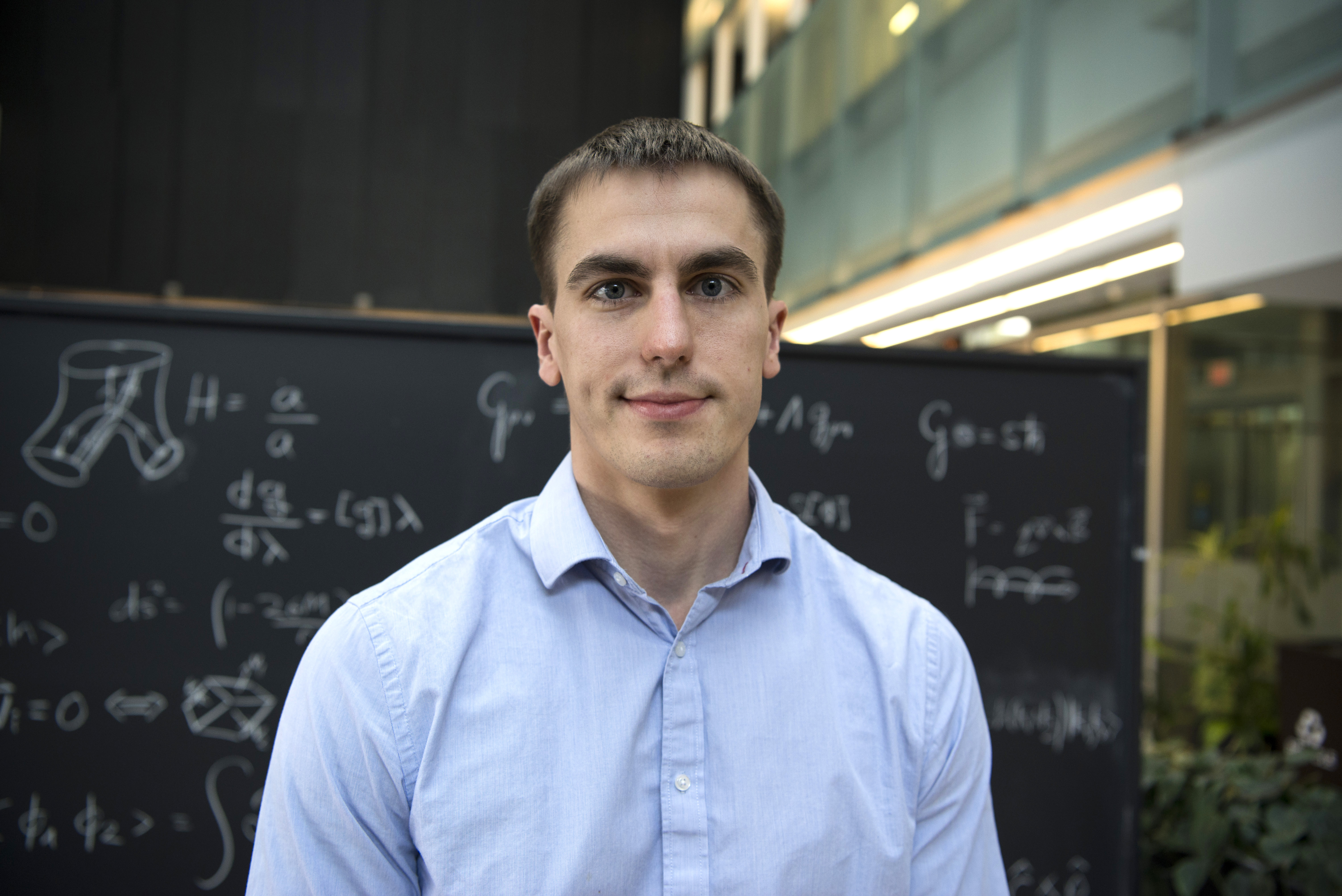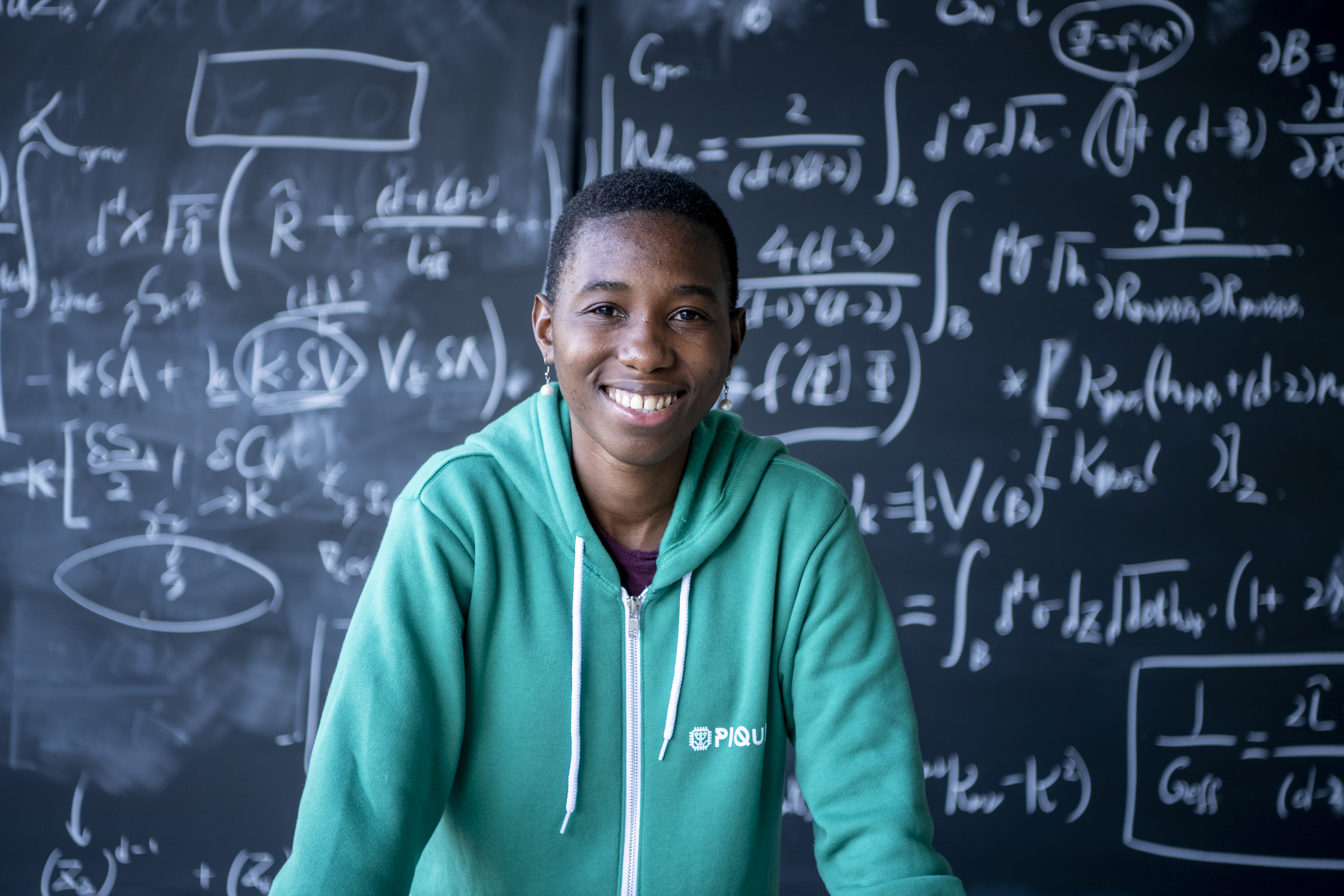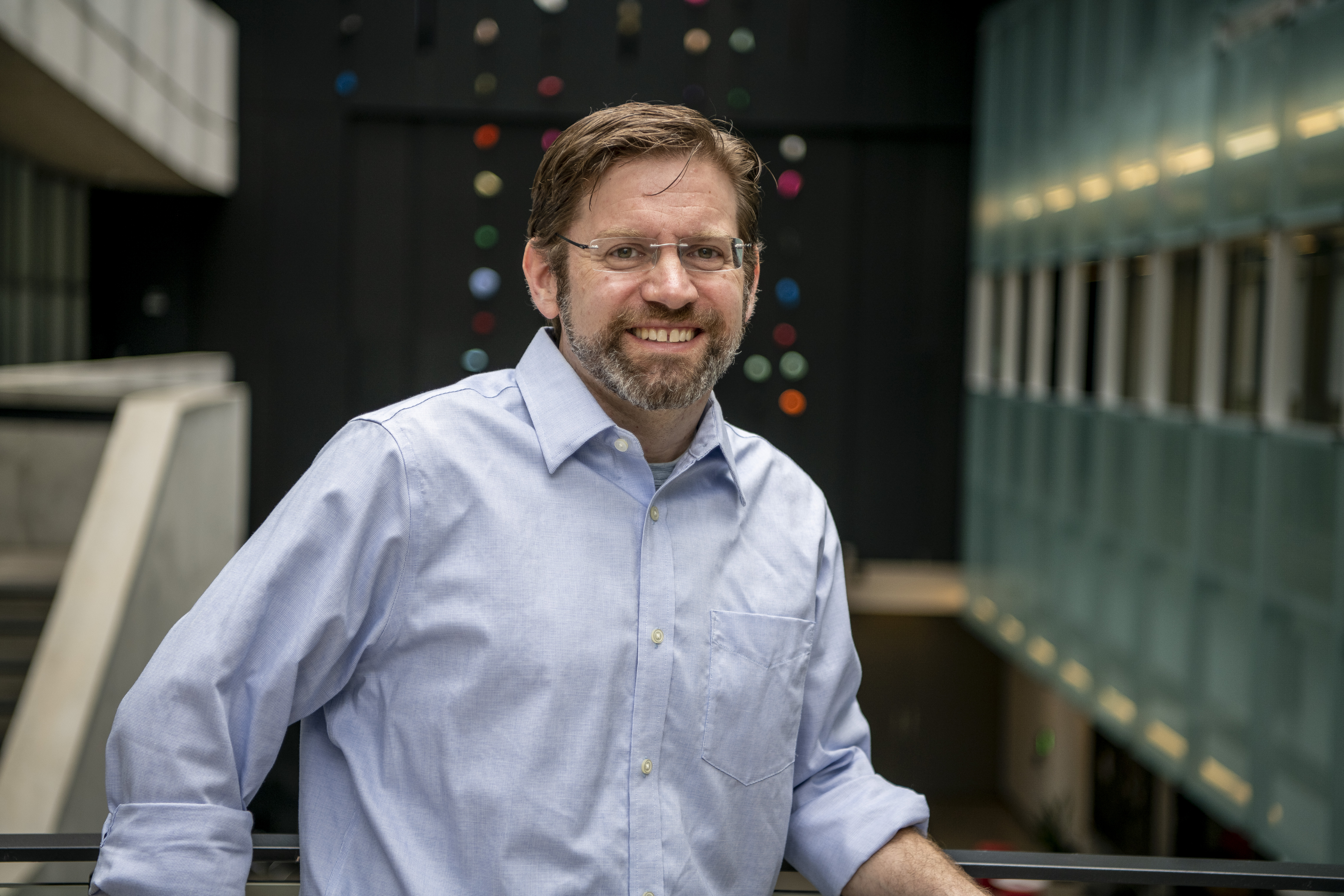Three Perimeter Institute researchers have been awarded over $650,000 in Discovery Grants from the National Sciences and Engineering Research Council (NSERC). The grants will be used to pursue long-term research programs about gravitational waves, quantum intelligence, and causal inference.
Faculty member William East will use his Discovery Grant to study gravitational waves. Detections of gravitational waves have been increasing in quality and quantity in recent years. East’s research will build a comprehensive picture of the dynamics and observational signatures of gravitational wave sources. From there, East and his team can develop accurate models of gravitational waves and use them to probe foundational questions in fundamental physics.
Artificial Intelligence (AI) requires a lot of energy, and its carbon footprint could impact the environment and hinder our ability to realize its full potential. Research scientist Estelle Inack’s work sits at the crossroads of quantum computing and AI, a realm called “quantum intelligence.” Specifically, she is developing innovative, AI-empowered algorithms to benchmark quantum annealing devices. Recognizing environmental concerns brought by generative AI models, Inack and her team will explore greener AI models that minimize carbon footprints while maximizing computational efficiency. The outcomes of her research are poised to set new standards in quantum computing, enable real-time solutions to real-world challenges, and unlock new commercial opportunities.
Cause-and-effect is a foundational concept in physics. Understanding it more deeply can lead to better decision-making in everything from medicine to policy. But uncovering hidden variables that affect causation gets trickier as things get more complex. Causal inference looks to solve this problem and faculty member Robert Spekkens is taking it quantum. By developing a quantum framework of cause-and-effect, Spekkens aims to uncover scenarios where quantum has an advantage in processing information and for witnessing “quantumness” in experiments. Spekkens leads the Quantum Causal Inference Initiative at Perimeter, one of the most influential research programs in this field worldwide.
The NSERC Discovery Grants program was developed to promote and maintain long-term research projects and provide research training environments that promote further discovery. Each grant provides funding to train the next generation of cutting-edge researchers under the supervision of the recipients while pushing the boundaries of theoretical physics research in Canada.
À propos de l’IP
L'Institut Périmètre est le plus grand centre de recherche en physique théorique au monde. Fondé en 1999, cet institut indépendant vise à favoriser les percées dans la compréhension fondamentale de notre univers, des plus infimes particules au cosmos tout entier. Les recherches effectuées à l’Institut Périmètre reposent sur l'idée que la science fondamentale fait progresser le savoir humain et catalyse l'innovation, et que la physique théorique d'aujourd'hui est la technologie de demain. Situé dans la région de Waterloo, cet établissement sans but lucratif met de l'avant un partenariat public-privé unique en son genre avec entre autres les gouvernements de l'Ontario et du Canada. Il facilite la recherche de pointe, forme la prochaine génération de pionniers de la science et communique le pouvoir de la physique grâce à des programmes primés d'éducation et de vulgarisation.



